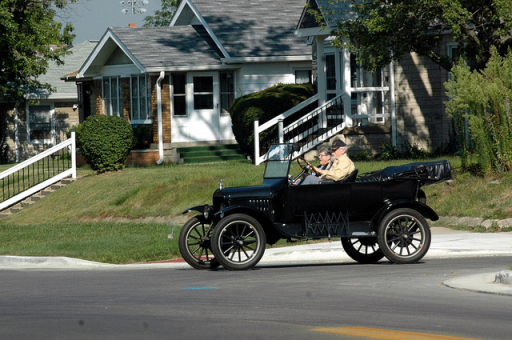You may have heard, or felt intuitively, that getting behind the wheel at an advanced age is less safe. If you are concerned about mobility and independence as you age and want to feel confident and secure, take a moment to review the real risks – and advantages – of driving as you age, and what precautions can help you stay safe on the road longer.
Statistics of Senior Driving: Safer Than You Thought
According to the CDC, while about 79% of senior (over 64 years old) motor vehicle occupants involved in fatal crashes were wearing seat belts at the time of the crash, only 66% of other adult occupants (18 to 64 years old) were. Seniors’ increased tendency to wear their seat belts securely makes seniors safer drivers and riders! Aim to bring those statistics up to 100%, and encourage the other passengers or the driver in your vehicle to buckle up as well, and everyone will be better off.
Not only do senior drivers buckle up more than most, they also tend to avoid driving during poor weather or in the dark. Avoiding these conditions is, of course, not possible 100% of the time, but the inclination to drive when conditions are favorable certainly increases the odds of a safe journey.
Another factor that makes senior driving relatively safer than you might have thought, is that seniors are far less likely to drive under the influence of alcohol. Only 7% of senior drivers involved in fatal crashes presented a blood alcohol concentration (BAC) of at least 0.08 g/dL. This figure is extremely low compared to the 24% of drivers 21 to 64 years old who had the same BAC.
Maximizing Senior Driving Safety
Assuming you already wear your seat belt, avoid adverse road conditions, and are strict about never drinking and driving, what else can you do to up your road safety? As a senior driver, exercising regularly can actually be particularly important. Increasing your overall strength and flexibility is not only good for your overall health, but will also make you safer and more in control behind the wheel.
It is also recommended that you check in with your doctor: Ask specifically about any medications you’re taking, and how they individually or in reaction with one another may affect your driving, and regularly check your eye sight.
All drivers, seniors included, can benefit from planning out the route before getting in the car, leaving a safe distance behind the car ahead, and in particular, by avoiding distractions such as the car radio, talking on the phone or even eating or drinking.
Alternatives to Driving
Still concerned? Sometimes the best thing is to avoid driving all together. Consider public transportation, car pooling with friends, neighbors or family members, taking a cab, or contacting Abcor to see how a homecare aide might be able to help. This is just the kind of assistance Abcor professionals are trained to provide, and often turns out to be the most flexible and convenient solution to get you wherever you want to go whenever you need to be there.
